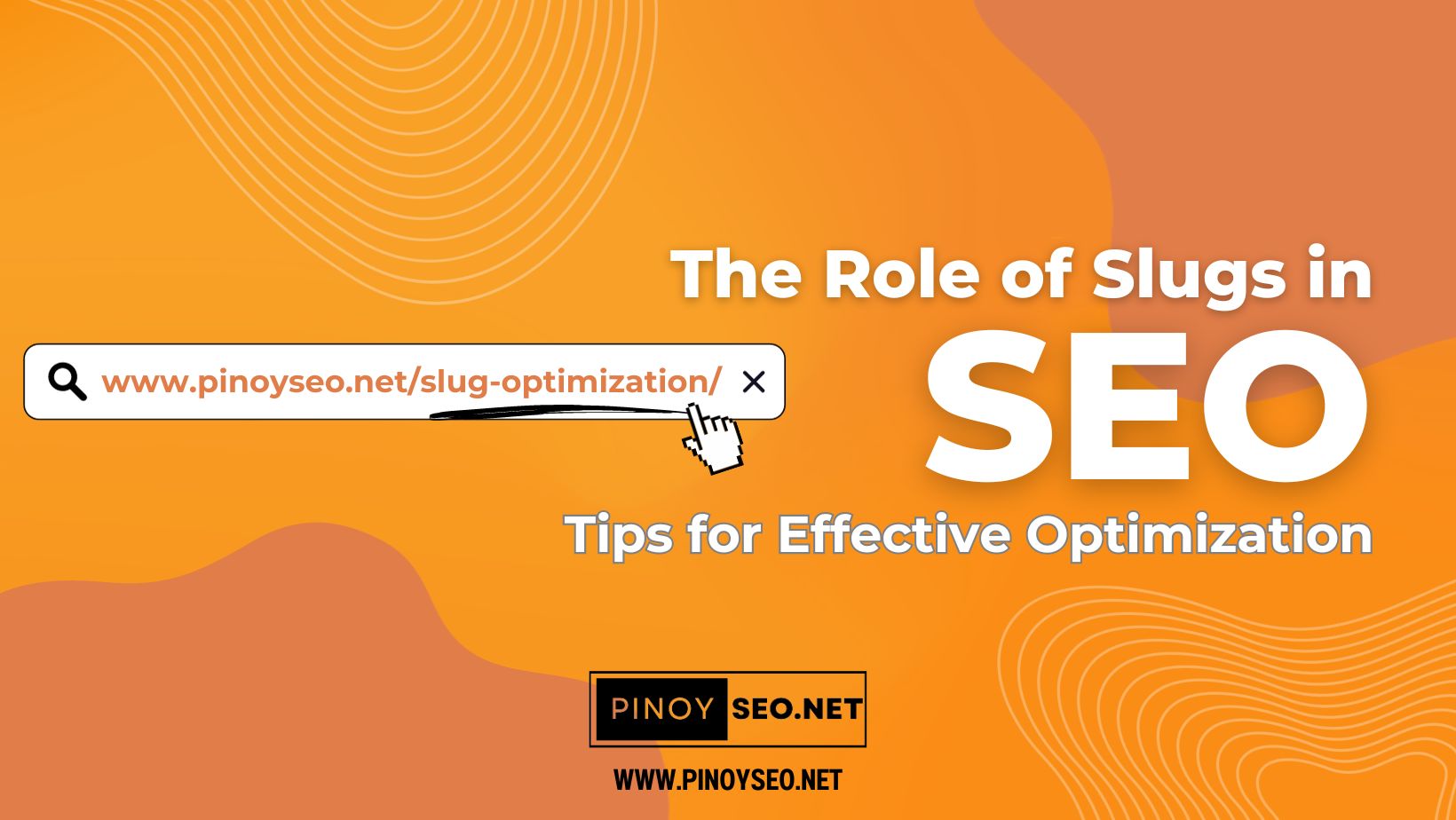In the intricate landscape of SEO, every element plays a vital role, and slugs are no exception. While they might appear as humble strings of text at the end of a URL, they hold significant weight in the eyes of search engines. In this comprehensive guide, we’ll delve into the world of slugs, uncovering their importance and providing actionable tips for optimization.
Understanding Slugs in SEO
A slug is the part of a URL that uniquely identifies a specific page. For instance, in the URL www.example.com/blog/seo-slug-guide, “seo-slug-guide” is the slug. Slugs serve a crucial purpose in SEO, as they provide both users and search engines with insights into the content of a page.
The Impact of Slugs on SEO Rankings
Search engines like Google utilize slugs to comprehend the context and relevance of a webpage. A well-crafted slug can convey the subject matter clearly, boosting the page’s chances of ranking for relevant queries. Conversely, a poorly constructed slug might confuse search engines and hinder rankings.
Tips for Optimizing Slugs
1. Keep It Concise and Descriptive
A good slug is like a mini description of the page content. It should be concise yet descriptive, giving users and search engines a clear indication of what to expect. For example, instead of /blog/p=123, opt for /blog/seo-slug-guide.
2. Use Hyphens to Separate Words
When crafting slugs, it’s crucial to use hyphens (-) to separate words. This practice, known as hyphenation, improves readability for both humans and search engines. For instance, use /best-seo-practices instead of /bestseopractices.
3. Avoid Special Characters and Spaces
Special characters and spaces can lead to complications in URLs. Stick to alphanumeric characters and hyphens to ensure compatibility across all devices and platforms.
4. Prioritize Keywords
Integrate relevant keywords into your slugs. This practice reinforces the page’s relevance to specific search queries, potentially leading to higher rankings. However, avoid keyword stuffing at all costs, as it can have the opposite effect.
5. Maintain Consistency
Consistency in slug structure across your website fosters a sense of coherence for both users and search engines. It also aids in establishing a clear site hierarchy, which can positively impact SEO.
6. Utilize Lowercase Letters
To prevent any case-sensitivity issues, always use lowercase letters in your slugs. This ensures that the URL remains uniform, regardless of how it’s typed or displayed.
In the grand scheme of SEO, slugs may seem like a minor detail, but their impact is far-reaching. By applying these optimization tips, you can harness the power of slugs to enhance your website’s search visibility and rankings. Remember, in the realm of SEO, every element counts, and slugs are no exception. Craft them with care, and watch your SEO efforts soar.


